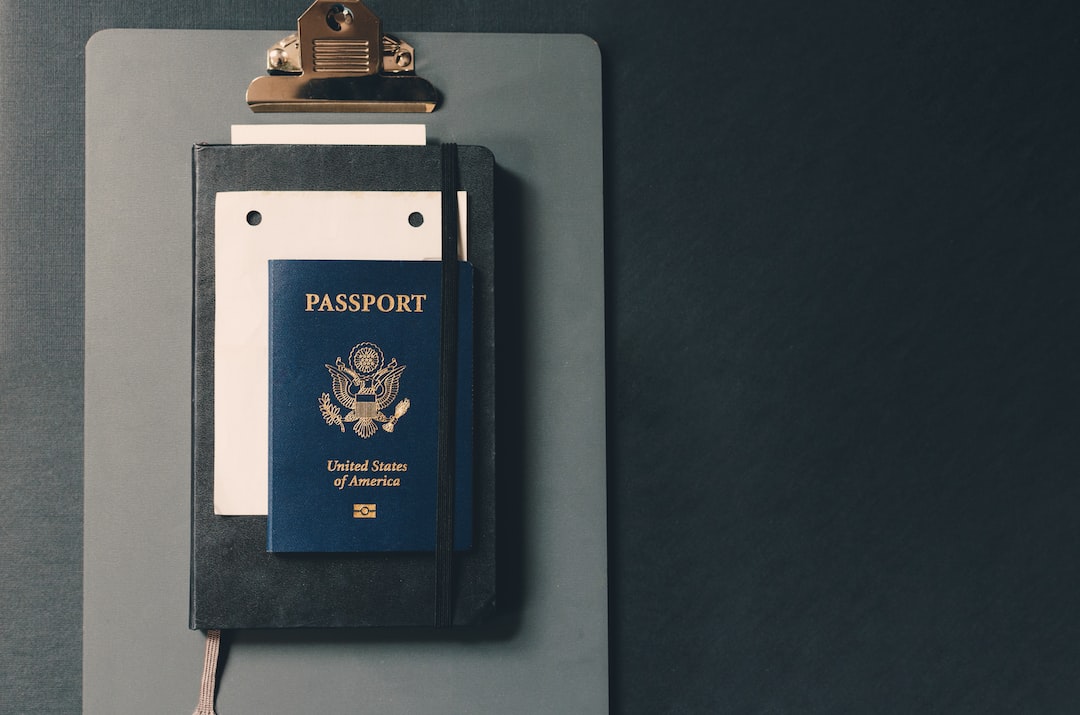Trusts and Divorce: What Happens to Trust Assets?
Divorce is never an easy process, and it can become even more complex when it involves trusts and the division of trust assets. Trusts are commonly used to protect and manage assets for beneficiaries, often including real estate, stocks, bonds, or other valuable items. So, what happens to trust assets when a couple decides to end their marriage?
In the context of divorce, trusts can be categorized as either revocable or irrevocable trusts. Revocable trusts, also known as living trusts, provide flexibility as the creators can make changes or revoke the trust during their lifetime. On the other hand, irrevocable trusts, once established, cannot be changed or revoked without the consent of the beneficiaries or a court order.
When a divorcing couple has a revocable trust, the distribution of trust assets becomes relatively straightforward. As the trust can be modified or revoked, the assets held within the trust are generally considered marital property subject to division according to the laws of the jurisdiction where the divorce is taking place. The divorcing couple will need to resolve the distribution of trust assets, just like any other jointly-owned property.
However, dealing with an irrevocable trust during a divorce can be more complex. Since the terms of an irrevocable trust cannot be easily modified, the fate of trust assets largely depends on the specific language used in the trust agreement and the applicable state laws. In some instances, the divorcing spouses may choose to continue as co-trustees, maintaining control and management of the trust assets despite ending their marital relationship.
Divorcing couples with an irrevocable trust often turn to mediation or negotiation to decide how the trust assets will be divided post-divorce. The couple may agree on the sale of trust assets and split the proceeds, or one spouse can potentially buy out the other’s share. Alternatively, they may agree to keep the trust intact for the benefit of their children or other designated beneficiaries.
It is crucial to note that some jurisdictions have enacted legislation specifically addressing the division of irrevocable trust assets during divorce. These laws provide guidelines on how to handle trust assets, taking into consideration factors such as the contributions made by each spouse, the original purpose of the trust, and the needs of each party. It is always advisable to consult with an experienced family law attorney who specializes in trusts and estates to gain a better understanding of the applicable laws in your jurisdiction.
To ensure the smooth functioning of a trust and prevent complications during a divorce, it is important to consider including provisions related to divorce within the trust agreement itself. These provisions can outline how trust assets should be handled or outline the circumstances under which a trustee’s role may change due to divorce.
In conclusion, trusts can significantly complicate divorce proceedings, especially when dealing with irrevocable trusts. The ultimate resolution of trust assets will depend on various factors, including the type of trust, the language used in the trust agreement, and the applicable state laws. Professional assistance from an attorney experienced in Trust and Will matters is invaluable to navigate through the complexities and ensure the best possible outcome for all parties involved.
************
Want to get more details?
299 Estate Planning Services
https://www.299trust.com/
877-560-3222
Welcome to 299Trust.com, your all-inclusive destination for simple and affordable estate planning and online living trust creation. Surprisingly, a staggering 67% of Americans lack an estate plan. Our purpose is to reverse this trend by offering easy, budget-friendly online trust and will creation services.
When you opt for 299Trust.com, you’ll enjoy:
Affordability: Wave goodbye to high legal fees – our plans begin at just $299.
Ultimate Convenience: Craft your estate plan and will from the comfort of your own home.
Personalized Solutions: Answer a few straightforward questions and receive a tailored estate plan.
Security First: Place your trust in our secure platform, free from hidden costs.
Our highlighted features encompass:
Custom Living Trusts: Shield your assets with a personalized living trust.
Comprehensive Estate Plans: Access essentials such as Last Will & Testament, Power of Attorney, and more.
Quick and Painless: Invest a mere 5 minutes in our questionnaire and receive your plan via email.
Simple Process: Select a plan, complete the form, receive your estate plan, and finalize with notarization.
At 299Trust.com, we’re dedicated to simplifying estate planning and making it accessible to everyone. Your secure and tailored estate planning journey starts here.
